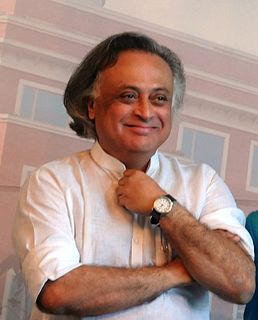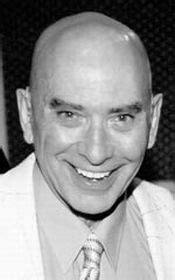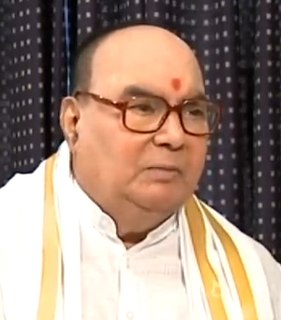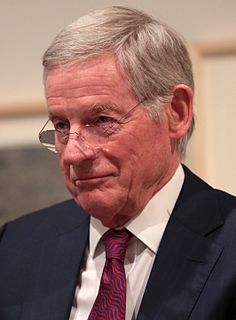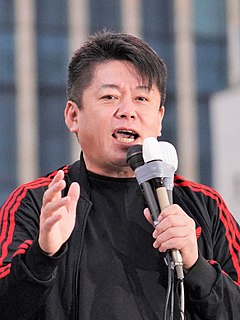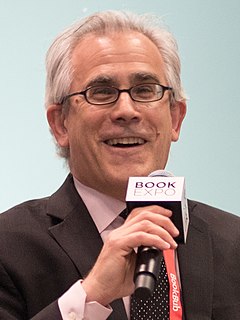A Quote by Hugh Evans
Global poverty is the product of reversible policy failures overseen by politicians, past and present. The poorest of the poor don't vote in American or European elections. They don't make donations to political parties or hire lobbyists in D.C., London or Canberra.
Related Quotes
Political systems must love poverty-they produce so much of it. Poor people make easier targets for a demagogue. No Mao or even Jiang Zemin is likely to arise on the New York Stock Exchange floor. And politicians in democracies benefit from destitution, too. The US has had a broad range of poverty programs for 30 years. Those programs have failed. Millions of people are still poor. And those people vote for politicians who favor keeping the poverty programs in place. There's a conspiracy theory in there somewhere.
Elections in India are not contests between personalities. They are ultimately battles involving political parties; promises and pledges that political parties make; the vision and programmes that political parties bring to the table. So although, Modi's style is 'I, me, myself,' I don't think 2014 elections as a Modi versus Rahul contest.
What does a political revolution look like? It means that 80 percent of the people vote in national elections, not 40 percent. It means that billionaires can't make unlimited campaign contributions and buy and sell politicians. It means that the U.S. government represents the needs of all the people, not just the 1 percent and their lobbyists.
There is more to American politics than fat cats and their political friends. There are serious-minded liberals who fight the good fight on many issues, ecologically oriented politicians who remain true to their cause, and honest people of every political stripe who are not beholden to any wealthy people. But there are not enough of them, and they are often worn down by the constant pressure from lobbyists, lawyers and conventional politicians.
In comparative terms, there's no poverty in America by a long shot. Heritage Foundation political scientist Robert Rector has worked up figures showing that when the official U.S. measure of poverty was developed in 1963, a poor American family had an income twenty-nine times greater than the average per capita income in the rest of the world. An individual American could make more money than 93 percent of the other people on the planet and still be considered poor.
Economically and politically, Germany is extremely stable. There are countries with functioning governments whose institutions don't work. My only concern is about Europe. There's a risk we will run out of time. We have been blessed with a pro-European French president, but we are also approaching the next elections for the European Parliament in 2019, and it will be important for pro-European parties present a credible answer to the anti-Europeans on the left and the right.
The key to ending extreme poverty is to enable the poorest of the poor to get their foot on the ladder of development. The ladder of development hovers overhead, and the poorest of the poor are stuck beneath it. They lack the minimum amount of capital necessary to get a foothold, and therefore need a boost up to the first rung.
Elections are a kind of business. I have to present myself: 'I can do this and that for this area so please give me your vote'. People vote for the politicians who can best understand and contribute to their region or country. In a business you can choose your clients, and the message is targeted to them only. But politics is universal; no matter what age the audience, you have to send the same message to everyone.
The stranger in ancient Israel did not serve as a judge, although he received all the benefits of living in the land. The political question is this: By what biblical standard is the pagan to be granted the right to bring political sanctions against God's people? We recognize that unbelievers are not to vote in Church elections. Why should they be allowed to vote in civil elections in a covenanted Christian nation? Which judicial standards will they impose? By what other standard than the Bible?
This is the problem with foreign policy - talking about foreign policy in a political context. Politics is binary. People win and lose elections. Legislation passes or doesn't pass. And in foreign policy often what you're doing is nuance and you're trying to prevent something worse from happening. It doesn't translate well into a political environment.


